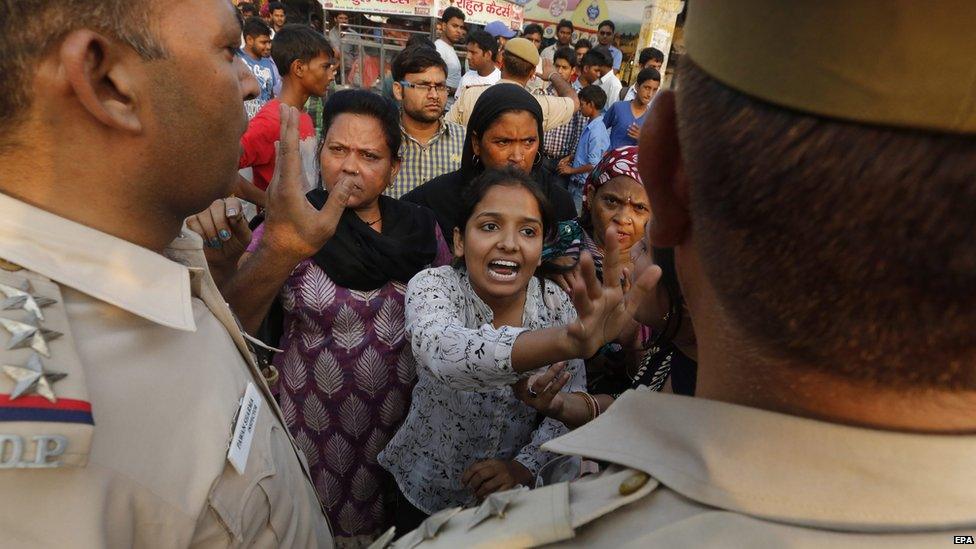India doctors allow 10-year-old rape victim to abort
- Published
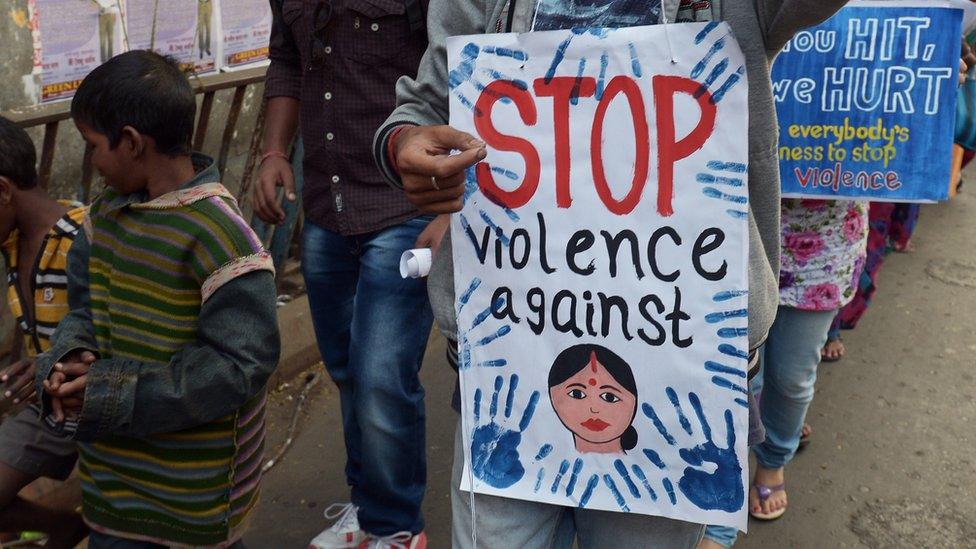
Sexual abuse against children is rampant in India
A panel of doctors has accepted a 10-year-old rape victim's plea for an abortion in the northern Indian state of Haryana.
Dr Ashok Chauhan told the BBC the termination would be carried out "anytime now".
The girl became pregnant about five months ago. She alleges rape by her stepfather, who has been arrested.
Indian law does not allow terminations after 20 weeks unless doctors confirm the woman's life is in danger.
The decision to allow the child to abort was taken after a local court told doctors at the Post-Graduate Institute of Medical Sciences (PGIMS) in the town of Rohtak that it would accept their recommendation.

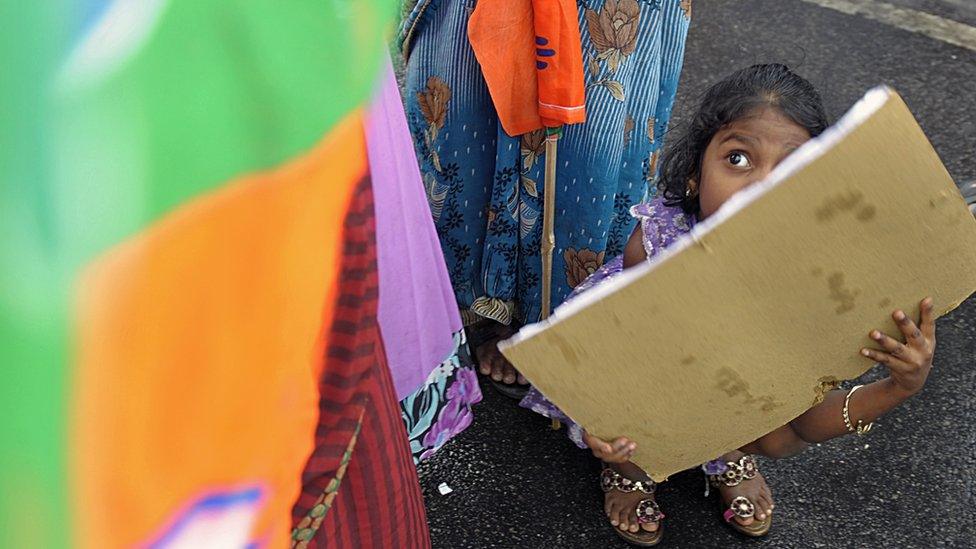
Campaigners say child safety is of utmost importance
Analysis: Geeta Pandey, BBC News, Delhi
India is home to the largest number of sexually abused children globally. But there's a general reluctance to talk about the problem and it's rarely discussed in public.
Studies have shown that in large numbers of cases, like in the case of the 10-year-old rape victim in Rohtak, the abusers are known to the children and include care-givers like parents, relatives and teachers.
Contrary to the popular belief that only girls are abused, boys are equally at risk; and children from affluent families are just as much at risk as those from poor backgrounds.
Campaigners say sexual abuse of children goes unchecked because the victims are often afraid to report it to their parents or teachers, and also because parents themselves often hush it up, fearing family dishonour.
But in recent years India has been waking up to the problem and on Tuesday, child rights charity World Vision India launched a new campaign to end child sexual abuse by 2021.
The campaign aims to impact five million children across 200 districts and calls on every Indian citizen to work to break the silence that surrounds child abuse.
Campaigners say India's culture at present stands on the side of the offender, and that must change.

The tough law against abortion was introduced to fight India's skewed gender ratio. A deep-seated cultural preference for sons has led to millions of female foetuses being aborted over the years by pregnant women after undergoing foetal gender testing.
In recent months India's Supreme Court has received several petitions, some from women who were raped, wanting to terminate pregnancies after 20 weeks. The court has always referred the matter to medical experts.

The scale of abuse in India
A child under 16 is raped every 155 minutes, a child under 10 every 13 hours
More than 10,000 children were raped in 2015
240 million women living in India were married before they turned 18
53.22% of children who participated in a government study , externalreported some form of sexual abuse
50% of abusers are known to the child or are "persons in trust and care-givers"
Sources: Indian government, Unicef

In the latest case in Rohtak town in Haryana, doctors from the Post-Graduate Institute of Medical Sciences (PGIMS) accepted the family's request to allow the child to have an abortion after discussing the matter on Monday.
The pregnancy came to light last week when the 10-year-old's mother, who works as a domestic helper, suspected her child was pregnant and took her to see a doctor.
Reports said the girl was often left at home when her mother went to work. She told her mother that she had been repeatedly raped by her stepfather, who had warned her not to say anything.
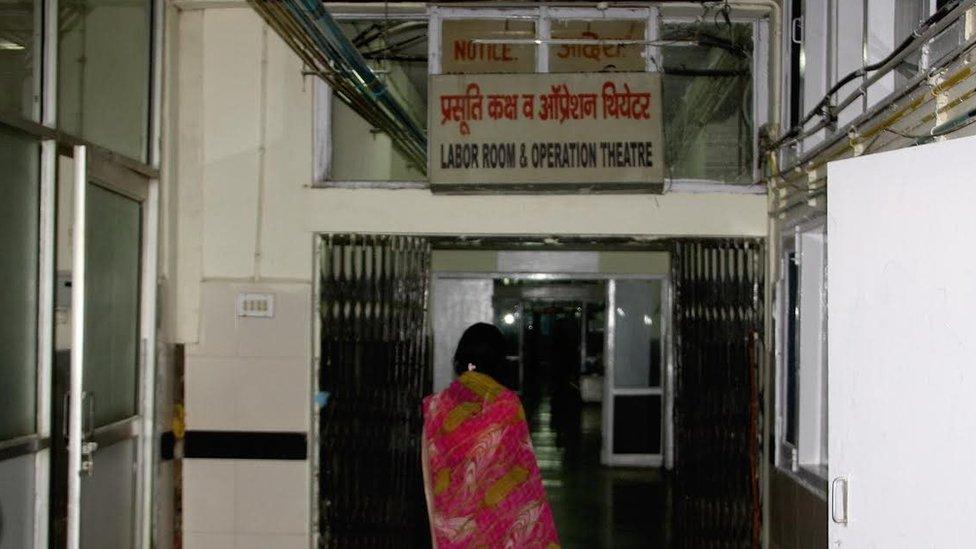
Doctors at the Rohtak hospital told the BBC the termination would be carried out "anytime now"
The stepfather was arrested after the mother lodged a police complaint, senior Rohtak police official Pankaj Nain told the BBC.
Dr Chauhan had said on Monday the case for the termination was "borderline".
"She is around 20 weeks pregnant, but it could be 19 weeks or it could be 21 weeks. The technology is not so advanced that it can tell you exactly what week she's in."
- Published27 January 2016
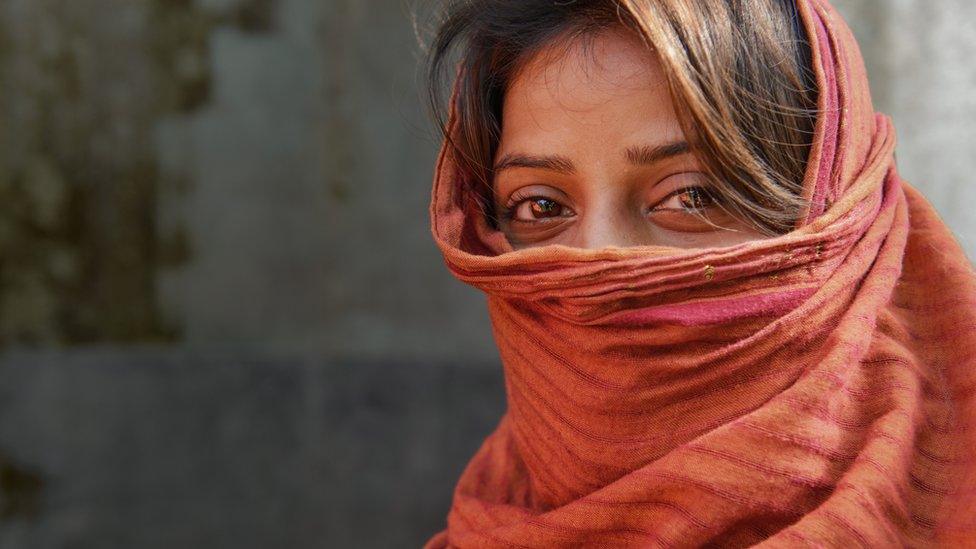
- Published5 December 2015
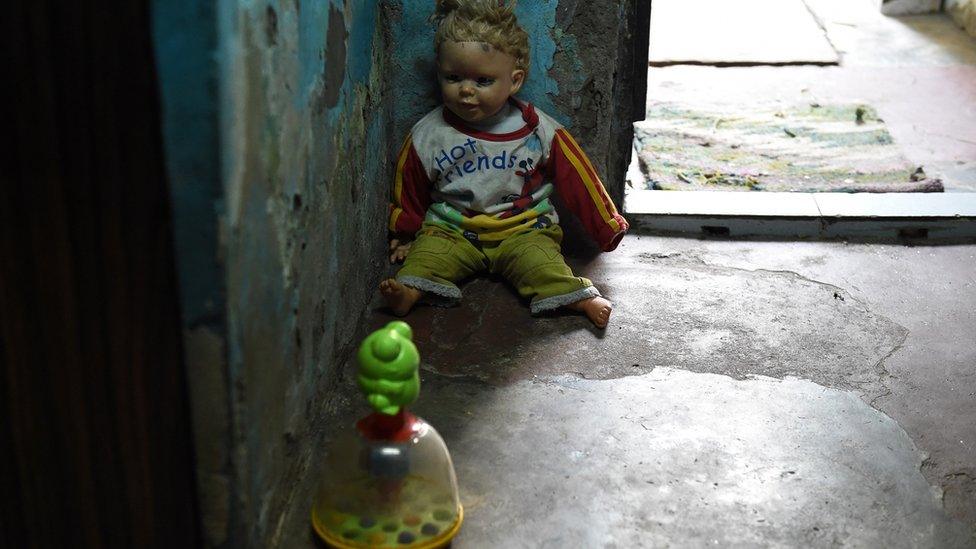
- Published18 October 2015
